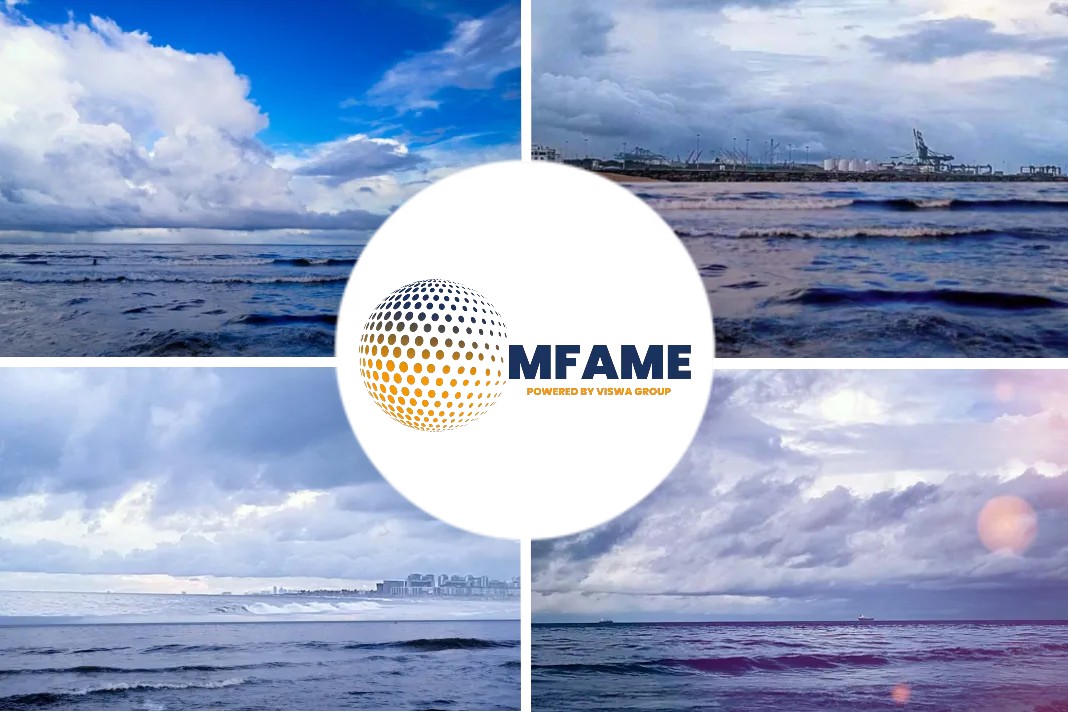- MOSES aims to significantly enhance the SSS component by addressing the vulnerabilities and strains that relate to the operation of large containerships.
- MOSES will follow a two-fold strategy for reducing the total time to berth and stimulating the use of SSS feeder services to small ports.
The EU is providing funding through its Horizon 2020 research and innovation program for a new initiative the aims to improve the short-sea shipping component of the container supply chain, reports CORDIS.
MOSES
Known as MOSES (autoMated vessels and supply chain Optimisation for Sustainable short sEa Shipping), the 36 month research effort will seek innovations including innovative vessels and optimisation of logistics operations.
MOSES will be validated by pilot demonstrations in relevant testing environments, supported by concrete business cases.
A sustainability framework will be developed within the project for evaluating the performance and viability of the proposed innovations. This evaluation will also lead to concrete policy recommendations.
The MOSES Consortium consists of 17 partners from seven EU countries, that will all be contributing to the goal of enhance sustainable short-sea shipping through achieving beyond state-of-the-art applied know-how and technological developments.
Starting this month, the project will concluded in June 2023.
Three initial projects
MOSES aims to improve the SSS component of the container supply chain through a series of innovations including innovative vessels and optimisation of logistics operations:
- For SSS traffic, a hybrid feeder will be developed, designed to accommodate cases where ports do not have the means to load/unload. The feeder will be equipped with a robotic container handling system that is self-sufficient in terms of loading and unloading of containers and enhances the operational capacity of small ports.
- In addition, an autonomous system for manoeuvring and docking ships (MOSES AutoDock) will be developed, which will provide operational independence from the availability of port nautical services (pilots, tugs and mooring).
- A digital platform (MOSES platform) will also be developed to link demand and supply of cargo volumes (shippers, forwarders, shipping companies, ports). The platform will use machine learning and big data (availability of modes, cargo volumes and delivery times) to maximize SSS traffic.
The final result of the project will be a complete redesign of the port operation based on the feeder operation with own means of container handling and not depending on the availability of pilots or tugs to enter the port.
Aim of the project
The aim of the project is to explore the use of new technologies that can improve the productivity of the ports managed by the Port Authority of Valencia and that will enable the ports of Sagunto and Gandía to be strengthened.
On the other hand, in the future, technologies such as the autonomous vessel are foreseen, which will obviously require the adaptation of some operations, but it will also be necessary to rethink some business models.
Did you subscribe to our daily newsletter?
It’s Free! Click here to Subscribe!
Source: CORDIS


















